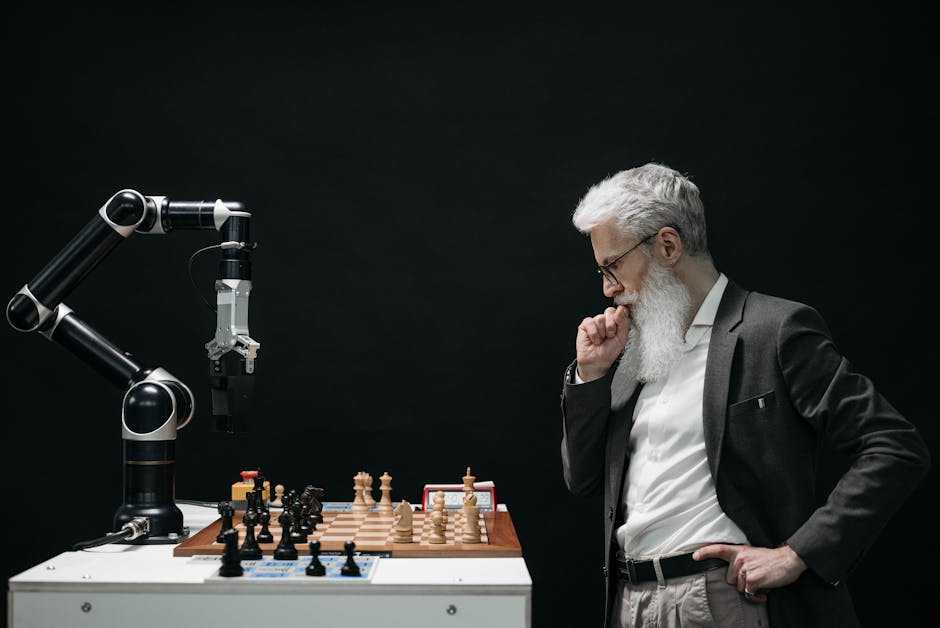The Polar Express Cast Black Girl: Who Is She?
In “The Polar Express,” the polar express cast black girl—often called Hero Girl—stands sidebyside with the film’s unnamed protagonist. Voiced by Nona Gaye, her role is drawn with discipline and clarity:
She is a leader: When crises arise (from missing tickets to the train skating over thin ice), she is selected by the conductor and trusted by the group. She is an advocate: She is the first to welcome Billy, the “Lonely Boy,” encouraging and supporting him when others hesitate. She balances risk and reassurance: Her confidence and planning steadies the children, even when adult authority is absent.
Unlike the oftensidelined “friend” roles in traditional animation, the polar express cast black girl is centerstage for critical decisions and moral guidance.
Nona Gaye: The Actress Behind the Voice
Nona Gaye brings subtle, careful performance to every line:
The daughter of legendary soul singer Marvin Gaye, Nona seamlessly transitions from stage to voice acting. Her delivery in “The Polar Express” avoids caricatures or forced inflections; she chooses measured optimism and directness, reflecting a realistic presence for children watching.
By pairing authentic voice work with visual intention, the polar express cast black girl becomes a reference for both character agency and meaningful African American representation in holiday cinema.
Visual Presentation and Character Design
The visual discipline applied to the polar express cast black girl is noteworthy:
Her hair is styled in neat, natural pigtails—no flattening or generic shortcut. Her coat is winterpractical but rendered with attention—textile detail, warmth, and fit. Her posture and physical reactions show courage and active decisionmaking, not passivity or slapstick.
Every animation decision reinforces her as both leader and friend.
Cultural Legacy and Viewer Reaction
Each winter, social media and parent forums revisit “The Polar Express” and highlight the polar express cast black girl as a favorite—leading to fresh fan art, tribute blogs, cosplay, and family discussions. Conversations about representation in holiday and family films almost always mention her as a model for primary, not just supporting roles, for black girls and boys. Teachers and parents discuss her role as “the real hero” or “the MVP” of the film, especially in classrooms or homes committed to visibility and equity.
Her influence stretches beyond a single season or film.
Narrative Impact
Within the movie’s tightly structured journey, the polar express cast black girl takes concrete actions:
She’s the only child trusted to assist the conductor in times of crisis. She models active empathy with every peer, diffusing anxiety, and uniting divided kids toward a shared goal: reaching the North Pole. She is portrayed as both thoughtful and adventurous, ear for both practical planning and creative thinking.
Her arc is more than luck—she earns trust through choice.
Missed Opportunities
Despite her prominence, the role is still credited as “Hero Girl,” lacking a personal name or dedicated backstory. Some viewers call for more layering, hoping that future films and shows will take the polar express cast black girl as a blueprint: more lines, more growth, and explicitly central roles.
Yet, even within these limits, she endures as a breakthrough.
Lessons for Creators and Audiences
What “The Polar Express” does right with the polar express cast black girl:
Representation as routine: she leads, decides, supports, and is never reduced to a punchline or afterthought. Design and voice matter: authentic choices invite identification, not just observation. Agency at every turn: diversity is strongest when active, not simply part of a picture.
Audiences should celebrate, and demand, this discipline in every new film.
Industry and Educational Impact
Studios now see the benefit—storywise and commercially—of casting black girls as leaders and primary agents. Parents and educators use the character’s arc to discuss empathy, kindness, and initiative. Fan communities organize around her imagery—social proof that representation remains a top concern.
Final Thoughts
The polar express cast black girl—Hero Girl as voiced by Nona Gaye—is proof that real representation is a combination of casting, visual honesty, and character agency. She is central, active, and memorable, setting the bar for all future animation—especially in genres where leaders are too often clones of old protagonists. For every black girl—and every child—watching “The Polar Express,” she is a reminder that the heart of every adventure is open for all. In seasonal cinema and beyond, that’s the legacy worth repeating.





